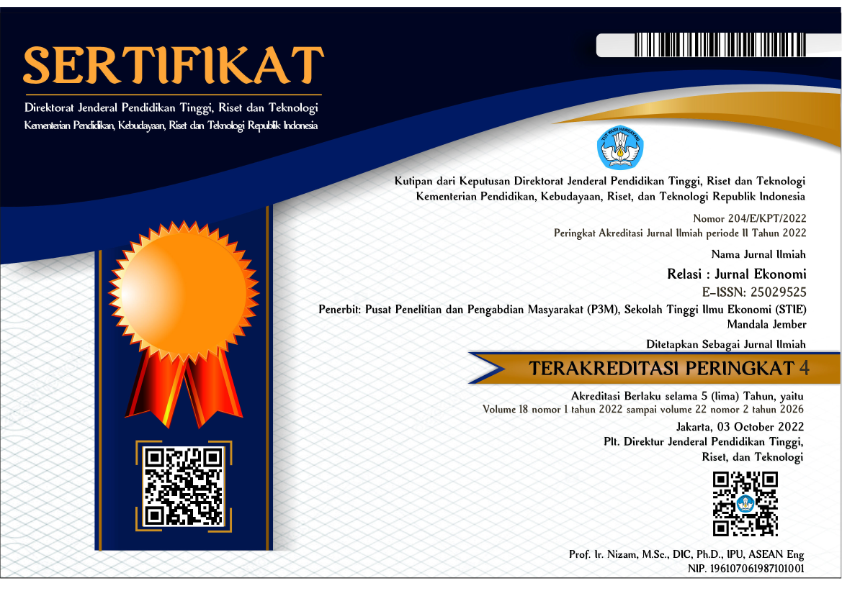Pemberdayaan Masyarakat Menuju Desa Tangguh Bencana di Area Terdampak Bencana Lumpur Lapindo, Sidoarjo
Abstract
The economy is one of the important factors that influence the condition of vulnerability of community after a disaster. This study aims to determine the factors that are of interest to the community in starting a business by SWOT analysis of community empowerment programs in areas impacted by the Lapindo mudflow disaster, Sidoarjo, and the implementation of programs towards disaster resilient villages. The method used is a combination of quantitative and qualitative with questionnaires and in-depth interviews. The results showed that people's awareness of the importance of family savings as a disaster preparedness increased significantly even though some respondents experienced a decrease in income. The results of the SWOT analysis of the training alternatives offered to the community indicate that the factors of ease of obtaining raw materials, small initial capital requirements, mastery of the production process and market access of the products produced will attract the interest of the community to run a business. The participation of village communities in the study areas to help reduce the impact of disaster risks related to the environment around the settlements, can be encouraged by forming disaster resilient villages managed by the community themselves with the full support of the government.
Keywords: Vulnerability, community empowerment, disaster resilient villages
Copyright (c) 2021 RELASI : JURNAL EKONOMI

This work is licensed under a Creative Commons Attribution-NonCommercial-NoDerivatives 4.0 International License.





